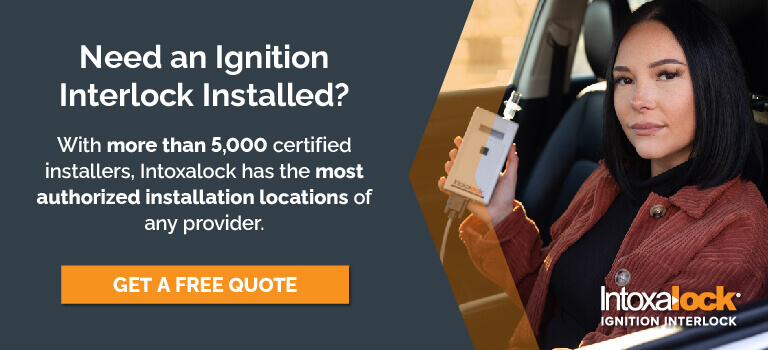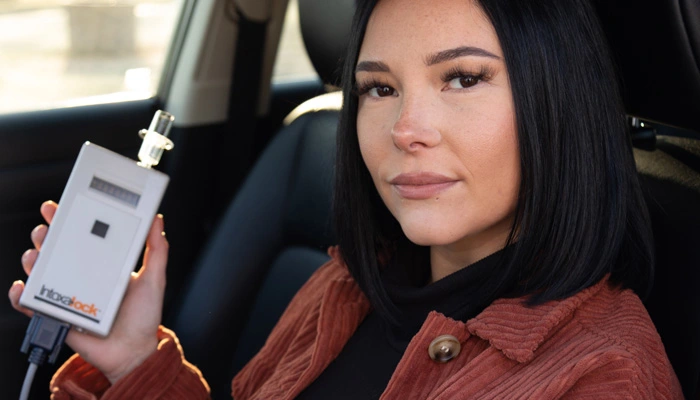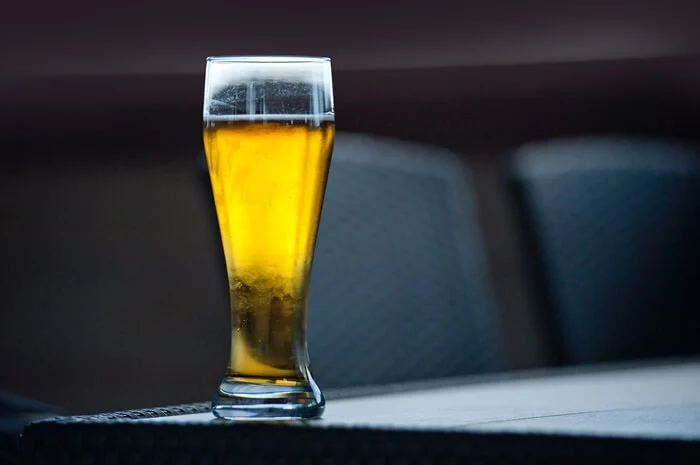State of Texas Has Highest Rate of Drunk Driving Deaths
Drunk Driving Death Rates in Texas
A southeastern Texas firefighter, his wife and two daughters — ages 2 years and 5 weeks — were travelling down a Texas highway in May 2015 when their SUV was struck from behind. The vehicle flipped, killing the parents. Lab reports showed that the driver whose vehicle collided with the SUV was driving with a blood alcohol content (BAC) twice the legal limit and tested positive for having used marijuana and cocaine. Unfortunately, Brad and Shea Frazier were two of thousands of victims who die in impaired driving-related crashes in Texas each year.
Texas has the highest rate of drunk-driving-related deaths in the country. From 2003 through 2012, 13,138 people were killed in incidents involving a drunk driver, according to a report from the Centers for Disease Control and Prevention. For comparison, about 13,550 people live in all of Texas’ Callahan County. California, the state with the second highest rate of drunk driving deaths, had about 10,300 impaired driving deaths during the same time period.
Texas’ leading rank isn’t unnoticed by anti-drunk driving advocates who went to battle to pass an all-offender ignition interlock law in 2015. In fact, drunk driving fatalities are down 8.5 percent since the 2015 law went into effect, according to Mothers Against Drunk Driving. But advocates’ work isn’t finished. Drunk driving is still the second highest cause of death on Texas highways.
Texas Drunk Driving Laws
Ignition interlock devices keep those with a pattern of drunk driving off the road while impaired. IIDs have reduced repeat offenses nationwide to the tune of 67 percent and decreased drunk driving deaths by 15 percent, the 2018 data report from MADD revealed. In fact, car breathalyzers prevented impaired driving in Texas nearly 250,000 times between December 2006 to December 2016.
For more than a decade, Texas policymakers have understood that IIDs prevent recidivism and save lives. Since 2005, repeat offenders and drivers with a BAC of .15 or greater were required to use an ignition interlock device.
Texas’ 2015 all-offender IID law went a step further, detailing that anyone arrested for drunken driving can choose to have an ignition interlock occupational license or choose not to drive. The license is temporary and allows drivers to operate a vehicle while their regular license is suspended, as long as they are driving a vehicle with an ignition interlock device.
However, advocates would like legislators to do more to prevent drunk driving in Texas, and they believe ignition interlock devices are the answer.
Room for Improvement
While the number of drunk driving fatalities in Texas has decreased since 2015, it’s not enough. More than a quarter of all deadly traffic incidents in Texas during 2018 involved impaired drivers, according to information from the Texas Department of Transportation.
MADD recommends a compliance-based removal component be added to the state’s all-offender law. This requirement means users would have to prove that they had a period of sober driving before qualifying to have the device removed from their vehicle.
Lawmakers could also require ignition interlock devices be installed when a driver refuses to take a sobriety test. MADD advocates also believe IIDs should be required for all those who negotiated plea agreements or reductions in drunken driving charges after arrest.
Another incentive to encourage drivers to choose an IID after a drunk driving conviction would be to credit early installation. If a driver is arrested on suspicion of impaired driving and immediately installs an IID on their vehicle, that time could count toward any penalties they may face upon a drunk driving conviction.
Additionally, organizations promoting safe, sober driving want state officials to advertise Texas’ IID laws twice a year during the federally funded crackdowns on impaired driving, known as the Drive Sober or Get Pulled Over campaign.
Intoxalock Can Help!
Intoxalock wants to help reduce the number of drunk driving incidents in Texas. To install an ignition interlock device on your vehicle, call 833-623-0200 to talk a State Representative.




